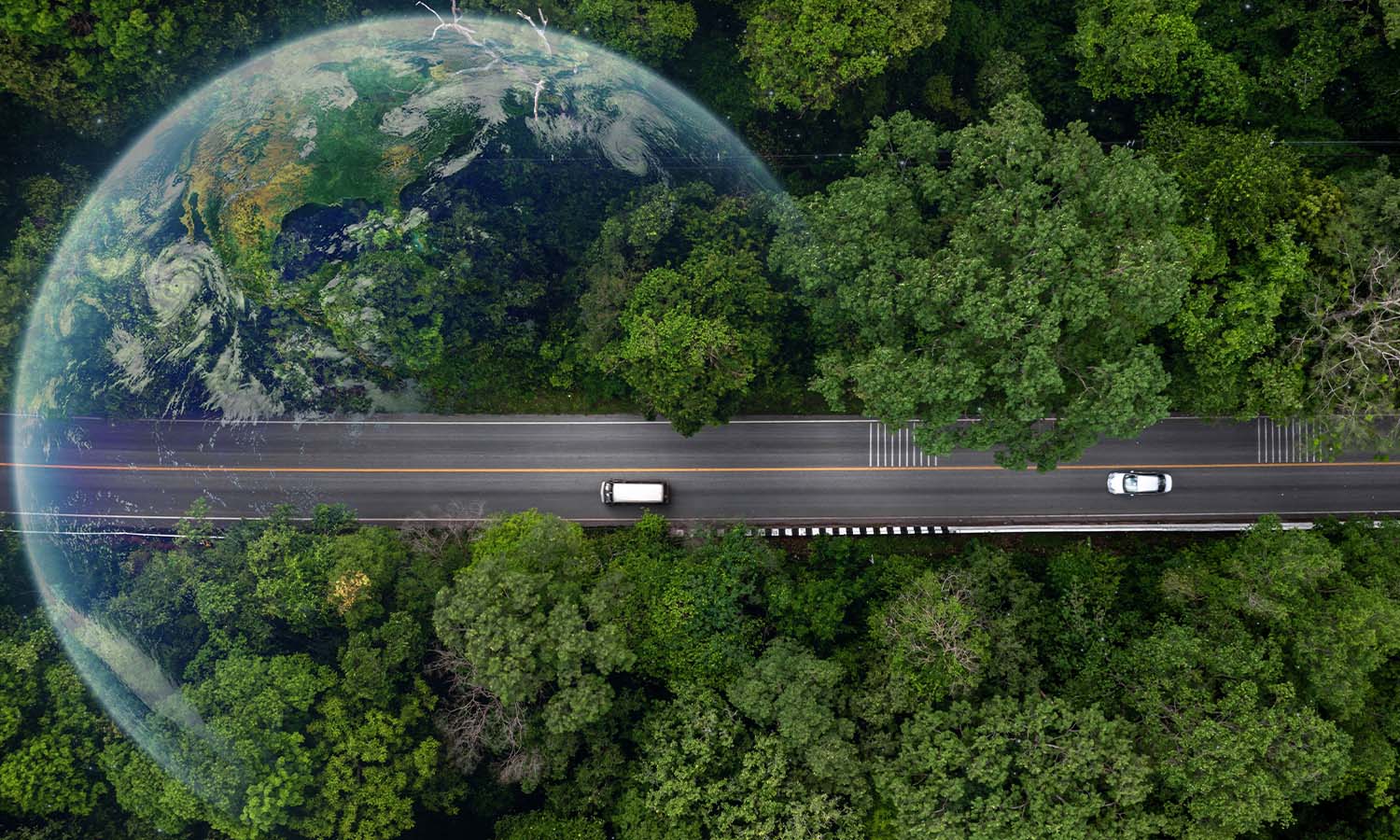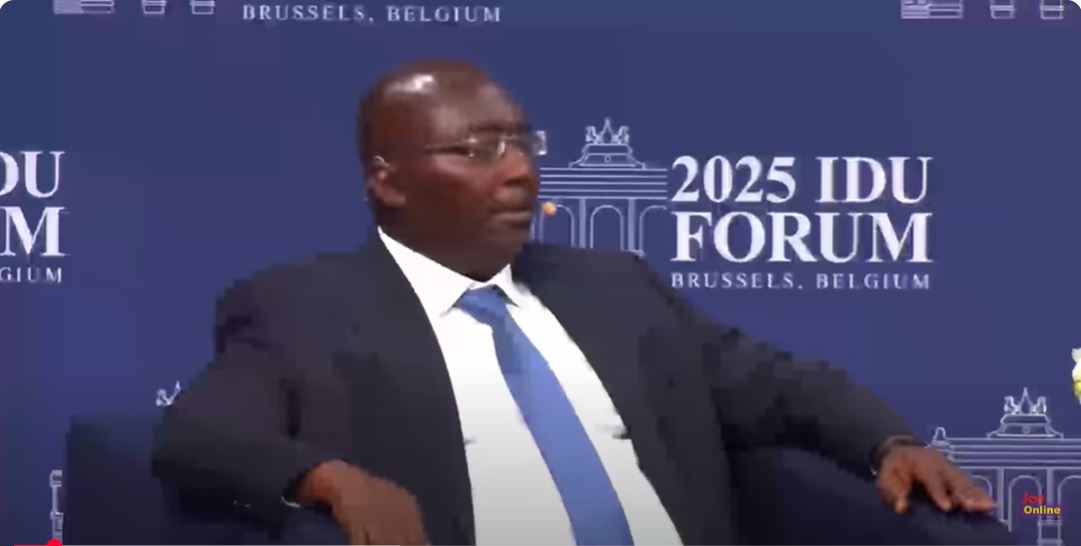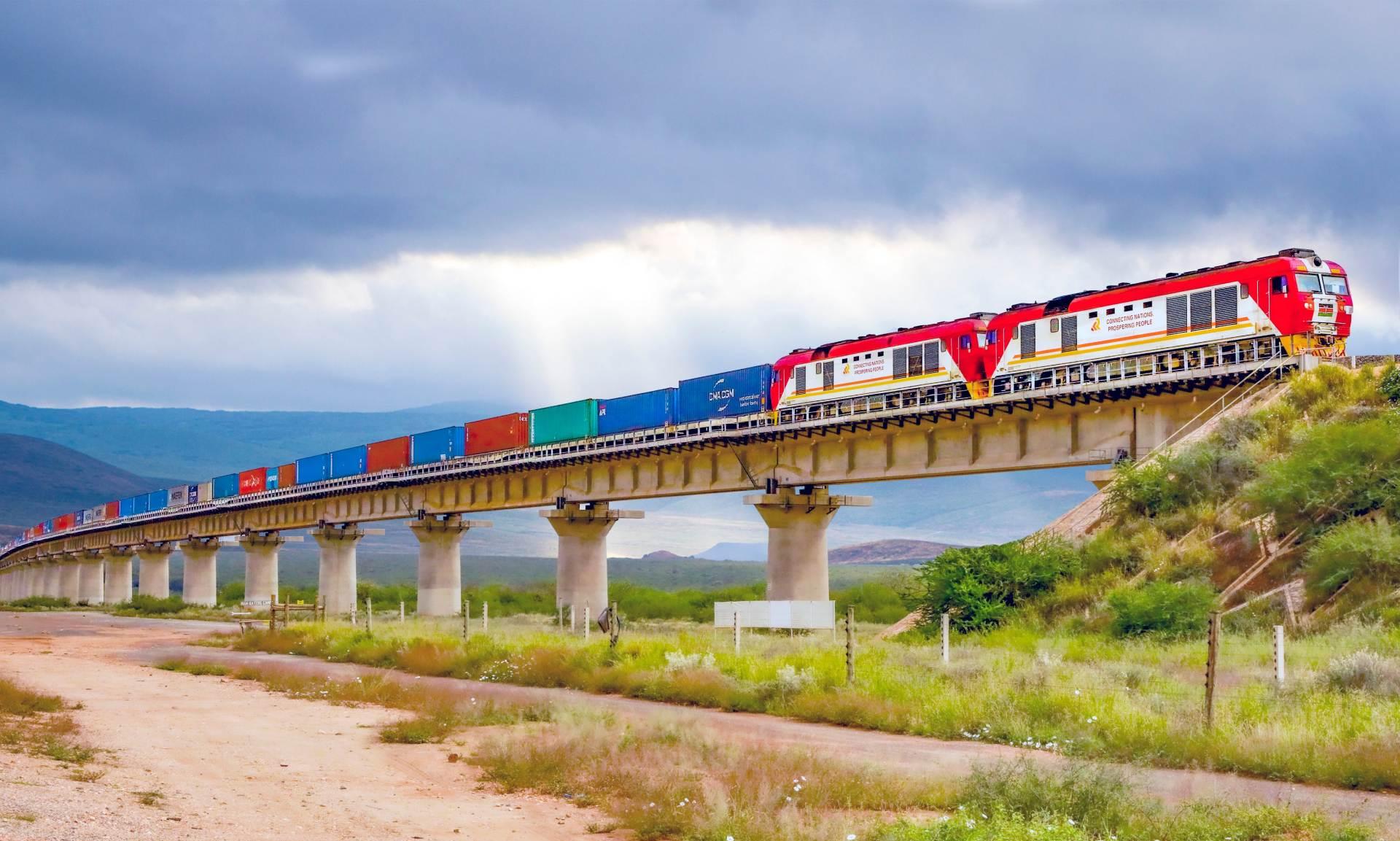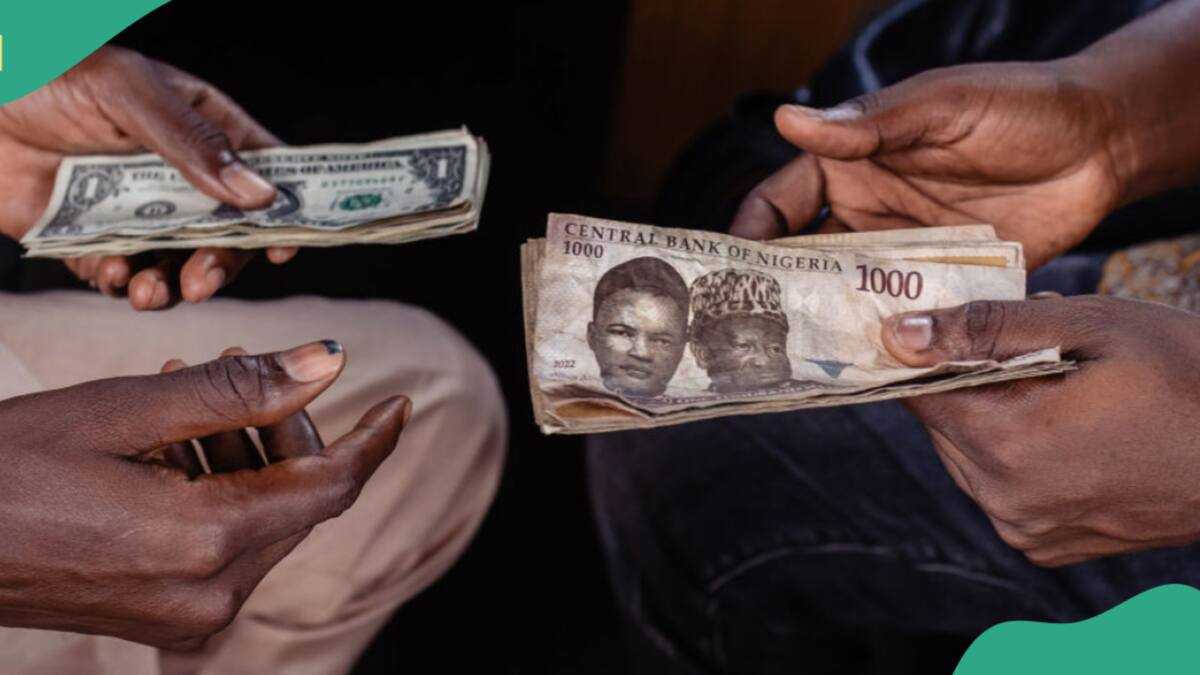Ghana's golden shackles: Why wealth without wisdom will never save us - Graphic Online
Kokroko Kwasi Kokuro Oppong-Agyare Opinion 6 minutes read
Yet, after decades of independence, we still struggle to feed ourselves, build basic infrastructure, or produce the goods we consume.
Why? Because wealth without wisdom is a curse, not a blessing.
Every year, Ghana exports billions of dollars' worth of gold. In fact, Ghana was Africa’s top gold producer in recent years.
We are also producing oil in commercial quantities from the Jubilee, TEN, and Sankofa fields.
We export cocoa, timber, and many other raw materials.
Yet, what do we import?
We import rice, tomatoes, toothpicks, chicken, fuel, soap, and even drinking water.
We import chairs for our ministers to sit on and wigs for our judges to wear.
We import the very uniforms our soldiers and police officers wear.
This is not just an economic crisis — it is a crisis of self-belief and common sense.
Ghana’s democratic system has failed to deliver the long-term stability and development we need.
Our leaders operate on a four-to-eight-year timeline, dictated by elections and political survival, not national development.
Each new administration comes in with fanfare, slogans, and big promises.
But instead of building on what was left behind, they tear down, abandon, or politicise everything.
Projects are left to rot. Contracts are cancelled.
National initiatives become party property.
There is no continuity, no long-term development agenda that survives beyond one election cycle.
Meanwhile, politicians enrich themselves, their families, and their party financiers — often at the expense of the taxpayer.
Public service has become a shortcut to personal wealth, not a calling to serve.
This is not democracy.
This is a rotating aristocracy that keeps the masses pacified with speeches, T-shirts, and temporary jobs.
Ghana may be politically independent, but economically and ideologically, we are still colonised.
Western powers, through institutions such as the IMF, World Bank, USAID, and foreign embassies, continue to shape our policies, influence our education systems, and dictate our economic directions.
They lend us money, with strings attached.
They give us "aid" while their companies take our gold and oil.
They preach democracy while protecting corrupt elites who serve their interests.
They invite us to conferences, while extracting our intellectual capital and offering us nothing sustainable in return.
This is modern colonialism dressed in suits and development language.
They do not want a strong, industrial Ghana.
They want a Ghana that exports raw materials cheaply and imports finished goods at high cost.
They want us to remain a market, not a manufacturer.
And worse, our leaders are either complicit or too weak to resist.
Let us be clear: natural resources do not develop a nation. If they did, Ghana would be a global superpower by now.
Without local processing, value addition, and strategic industrialisation, gold is just shiny dust.
Oil is just a black liquid. Cocoa is just beans in a sack.
When we export raw materials, we sell ourselves short.
We earn less, we create no jobs, and we remain vulnerable to global price fluctuations.
When we import finished products made from our resources, we create jobs in Europe and Asia, not in Kumasi, Tamale, or Takoradi.
This is why, despite earning billions from resources, Ghana is still dependent on loans, taxation and remittances to survive.
We are caught in a trap: a cycle of extraction and dependency.
No nation has ever developed on aid. Aid builds dependency, not prosperity.
Ghana must break free from this model.
The key to national development is industrialisation.
We need factories — local ones, state-owned and private, powered by Ghanaian brains and hands.
We need to process our gold into jewellery, electronic components and bullion.
We need to refine our oil locally, not import fuel at inflated prices.
We need to turn cocoa into chocolate for export, not just harvest it for pennies.
Factories create jobs, build skills, retain wealth, and strengthen the currency.
A nation with strong industries is a nation with dignity.
Role of discipline, vision
All of this means nothing without leadership discipline and a clear national vision.
Look at countries such as Singapore, Rwanda, the United Arab Emirates, or Norway.
These are countries with strong institutions, long-term plans, and leadership that enforces accountability.
They do not change direction every four years.
They build on what works and fix what doesn’t, with consistency.
Ghana must do the same.
We need a 30–50-year national development plan, legally protected and independent of party politics.
Every leader must work towards it. Every government must be judged by its contribution to that long-term goal, not just its slogans.
We also need a cultural shift towards hard work, integrity, and patriotism.
Our people must reject the “get rich quick” mentality and embrace nation-building.
We must admire builders, not looters.
We cannot keep blaming colonialism if we continue to choose people who are not visionaries.
We cannot blame corruption if we clap for thieves because they come from our tribe.
We cannot say we are free while begging foreigners to feed, fund and fix us.
This is not just a political crisis. It is a spiritual, moral, and intellectual crisis.
The Ghana we want will not come from abroad.
It must be built by Ghanaians, for Ghanaians, with Ghanaian solutions.
We must rise above party colours, tribal games, and foreign control.
We were given a nation rich in gold, rich in culture, and full of promise.
But without wisdom, without discipline, and a long-term vision, we have turned it into a land of abandoned projects, imported goods, and endless excuses.
But it does not have to remain this way.
Let us reject the politics of stomachs and slogans.
Let us build institutions that last, industries that produce, and a mindset that values work over wealth.
Ghana is not cursed. Ghana is not poor.
Ghana is simply waiting for its people to grow up, wake up, and take up the responsibility of true nation-building.
It starts with truth. It starts with vision.
It starts with you.









